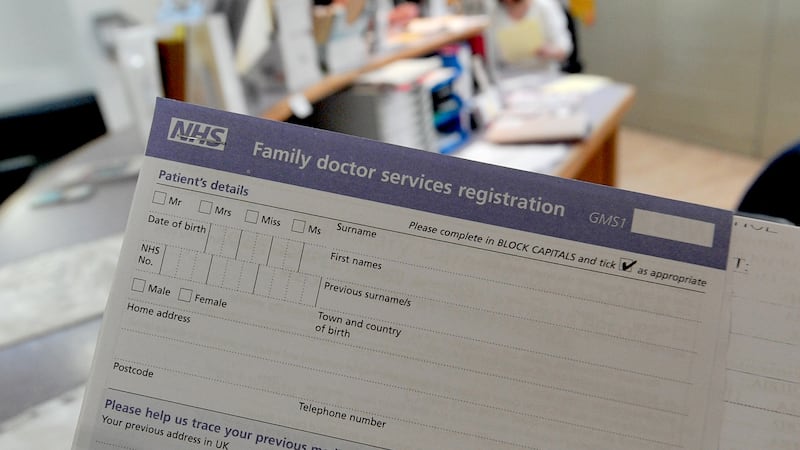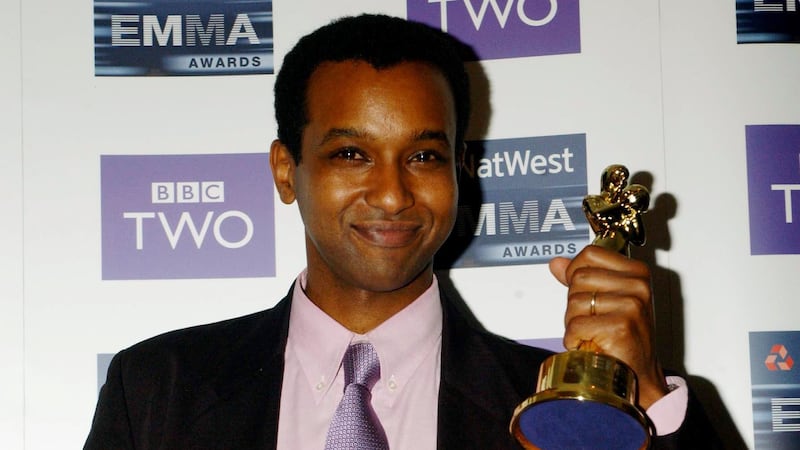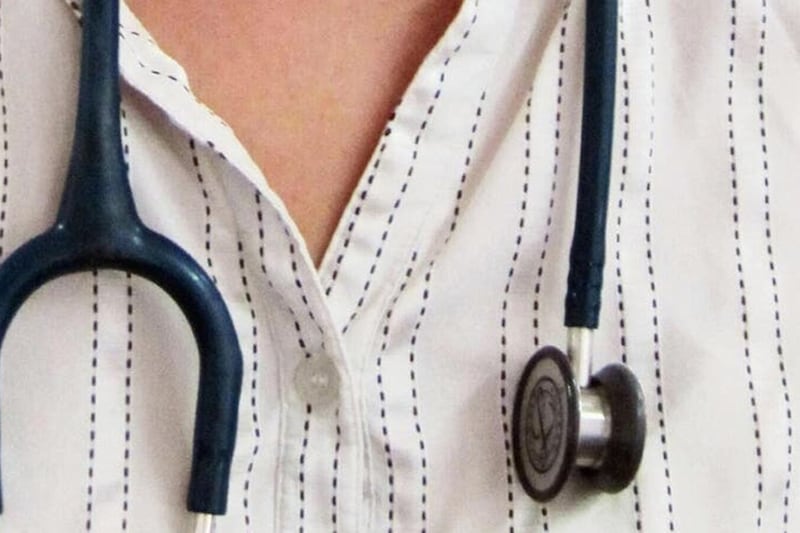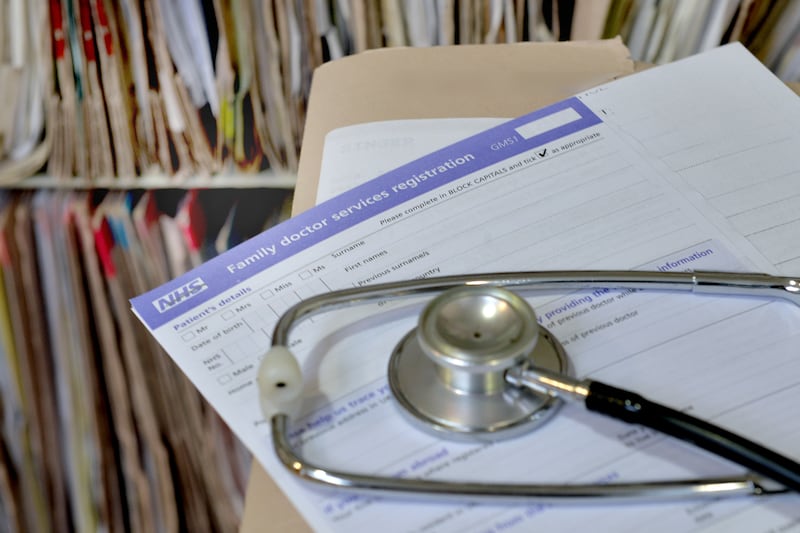The NHS will not survive if general practice falls apart, with medics warning primary care is on “the precipice of needing something to change drastically”.
It comes amid a call for more investment for family doctors from campaigners and concerns that medical students are being put off entering general practice.
Dr Mohit Mandiratta, a GP from the Feldon Practice in the West Midlands, said GPs in England “currently treat around 90% of NHS patient contacts for under 10% of the national budget”.
However he warned that medics feel as if they are “firefighting” and are not able to prevent poor health due to “struggling against the demand and capacity with acute issues”.
The crisis in general practice has been caused by decades of neglect.
GP funding has been cut by almost £350m in real terms since 2019.
Patients and professionals from across the NHS agree: it’s time to offer fair funding for general practice.#RebuildGP #TeamGP pic.twitter.com/I97Htcc7Ty
— Rebuild General Practice (@RebuildGP) March 14, 2024
He added: “If this cliff edge does come and we fall off it, and 90% of contacts aren’t happening, I can only shudder to think what happens to the rest of the health service.
“I don’t think the health service can survive without a properly functioning general practice. And yet we’re on the precipice of needing something to change drastically.”
Campaign group Rebuild General Practice claims GP funding has been cut by almost £350 million in real terms since 2019.
Its poll of 4,097 adults, conducted by YouGov, found 52% of people in England think GP funding should be prioritised and should come second only to investment in A&E departments, followed by 50% in Scotland and 43% in Wales.
Professor Kamila Hawthorne, chair of the Royal College of GPs, said the results “chime very clearly” with its own polling and that “the public – our patients – want a well-funded general practice service that gives them safe and timely access to our services, and more time with their doctor”.
“We know how much patients value their GP, so it makes sense to properly fund our service to ensure patients can get the care they need when they need it,” she added.
“Funding general practice is not only good for the tens of millions of patients we see every month, but given we make the vast majority of NHS patient contacts, it is also of huge benefit to the wider health service.”
Prof Hawthorne added: “We can’t keep doing more with less. We need to see decisive action from the Government to turn this dire situation around.
“Resources must follow patient care and decision makers must recognise that we will need more support as demand for general practice intensifies in coming years.”
There are also concerns that GPs are leaving the sector early due to pressures.
Dr Mandiratta, who is also a GP trainer, said: “I educate the next generation of GPs – a lot of them are leaving the profession before the age of 40. And that’s not helping anybody.
“We’ve got medical students at our practice who don’t want to become GPs because of what they’re seeing and hearing about the pressures that general practice is under.”
The comments from Dr Mandiratta follow the publication of a new survey by the British Medical Association (BMA), which found qualified doctors training to become GPs in the UK are facing increased levels of burnout.
The poll of almost 3,200 GP registrars found 72.9% were experiencing stress and 66.4% were working outside their scheduled hours most days or every day.
Of those who took part in the survey, less than 10% said they intend to work as a full-time GP.
Dr Malinga Ratwatte, chair of the BMA GP registrars committee, said the findings “paint an unfortunately sad picture about the future of general practice”.
“They might be shocking, but the revelations come as no surprise given the way we’re seeing our profession dismantled at the moment, with no credible solutions being implemented,” he added.
“With inadequate funding, worsening conditions and an ever-growing workload on the back of an exodus of doctors in full-time NHS work, it is no wonder that so many GP registrars are already stretched beyond their limits so early into their careers, and are understandably concerned for their future prospects.”
Speaking about her own experiences with burnout, Dr Rachel Ward, a GP at Woodlands Medical Centre in Oxfordshire, said: “I see every day colleagues who are experiencing such high levels of stress and burnout and financial challenges that they are quitting the profession.
“Some of the most incredible dynamic, empathetic doctors that I’ve ever met have been GPs, and it is terrifying and so sad to see these individuals leave the profession.
“I myself went through a period of burnout about 18 months ago and it was terrifying. I would class myself as a very resilient, diligent person. And the pure, consistent stress that I was under was terrifying.”
Dr Ward also said the country is failing to invest in health promotion, early detection and community care.
She said an example of this is type 2 diabetes, adding: “When I started out as a doctor 20 years ago, most type 2 diabetics were actually managed by specialists.
“Today type 2 diabetes is core general practice, and it is a condition that we see exponentially increasing due to poor lifestyle factors and obesity in the UK.
“In order to manage this huge chronic disease we need ongoing investment.”
A Department of Health and Social Care spokesperson said: “We are improving access to GPs by delivering 50 million more GP appointments every year.
“The most recent data shows GP funding increased in real terms by 19% between 2017/18 and 2021/22, and we recently announced our Pharmacy First scheme, which is backed by £645 million and aims to free up 10 million GP appointments per year.”
“We are also investing £240 million on digital tools and training to ensure GP surgeries have what they need to improve access for patients.”








